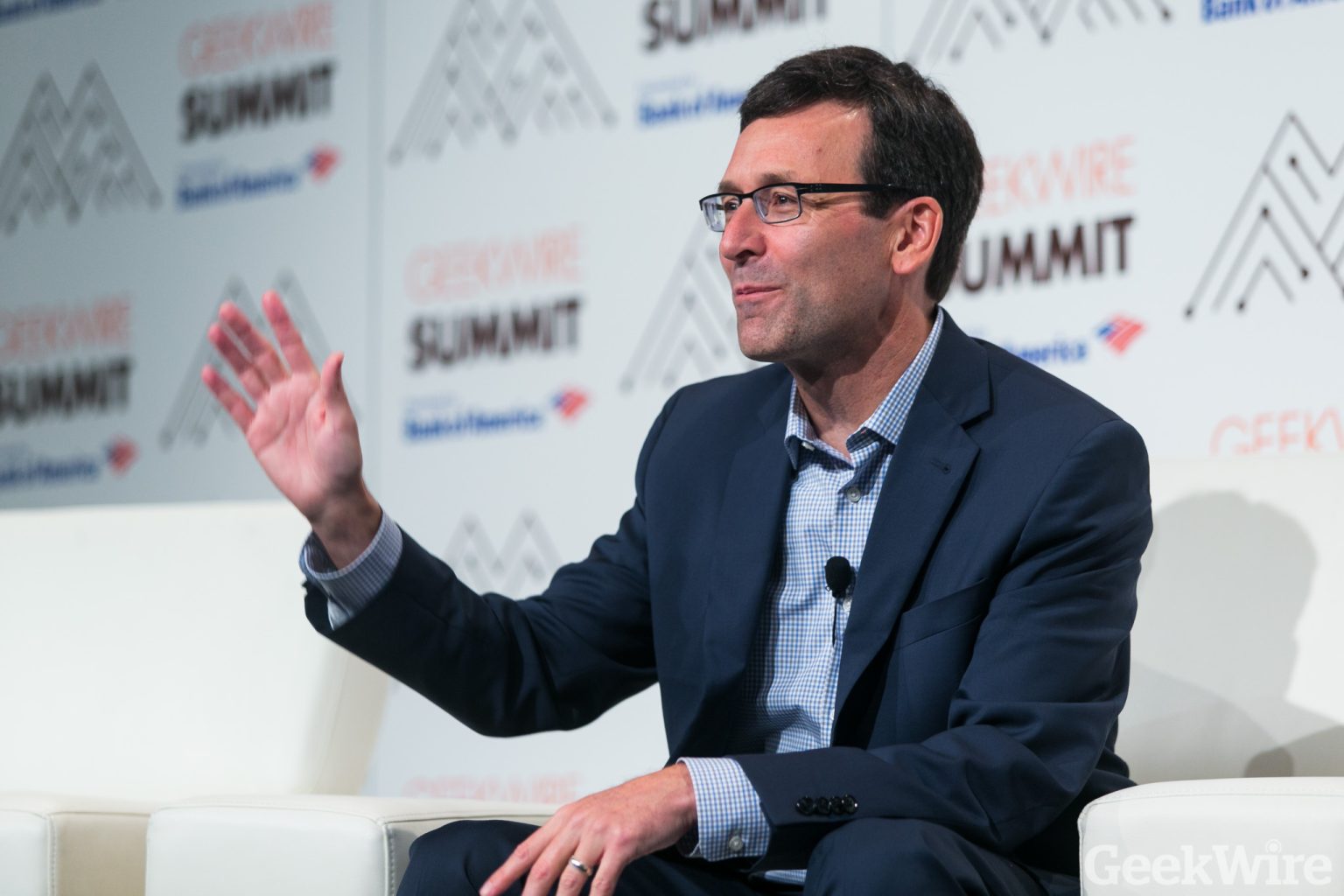The announcement of the members of Washington state’s new Artificial Intelligence Task Force, significantly downsized from 42 to 18 members, signals a more manageable and focused approach to addressing AI benefits and challenges. Led by Attorney General Bob Ferguson, the task force will bring together technology experts, industry representatives, labor organizations, civil liberties groups, and other stakeholders to discuss policy recommendations and issue findings and guiding principles. The smaller size of the task force was influenced by lessons learned from the state’s past blockchain working group, which struggled to meet due to the large number of members.
The 18 members of the AI Task Force include various state legislators, government officials, industry leaders, and community representatives such as Sen. Joe Nguyen, Rep. Clyde Shavers, and Sheri Sawyer from the Governor’s Office. The group reflects a diverse range of perspectives and expertise in technology, policy, privacy, and civil liberties, with representatives from organizations like Microsoft, ACLU-Washington, and the Washington Technology Industry Association. The inclusion of labor organizations and community advocacy groups demonstrates a commitment to addressing societal impacts and equity considerations in AI development and deployment.
The task force will focus on exploring the potential benefits and challenges of artificial intelligence technologies in Washington state, with a particular emphasis on privacy, ethics, and responsible use. Dr. Magdalena Balazinska from the University of Washington, Katy Ruckle from Washington Technology Solutions, and Ryan Harkins from Microsoft will bring technical expertise and industry perspectives to the discussions. The group will collaborate to develop policy recommendations and guidelines that aim to balance innovation and regulation in AI development while protecting consumer rights and privacy.
One of the key objectives of the AI Task Force is to facilitate dialogue and collaboration among stakeholders in the public and private sectors to ensure that AI technologies are developed and deployed responsibly and ethically. Dr. Tee Sannon from the ACLU-Washington and Leah Koshiyama from Salesforce will advocate for stronger regulations and safeguards to prevent bias, discrimination, and misuse of AI systems. The task force will also work closely with law enforcement agencies, represented by Chief Darrell Lowe from the Redmond Police Department, to address concerns about surveillance and data privacy in AI applications.
With a streamlined membership and a clear mandate to address key issues in artificial intelligence, Washington state’s AI Task Force is poised to make significant contributions to the development of AI policy and regulation at the state level. The inclusion of diverse perspectives and expertise from government, industry, academia, and advocacy groups reflects a commitment to comprehensive and inclusive decision-making processes. By focusing on transparency, accountability, and equity in AI development, the task force aims to promote responsible innovation that benefits all residents of Washington state while protecting their rights and interests.


